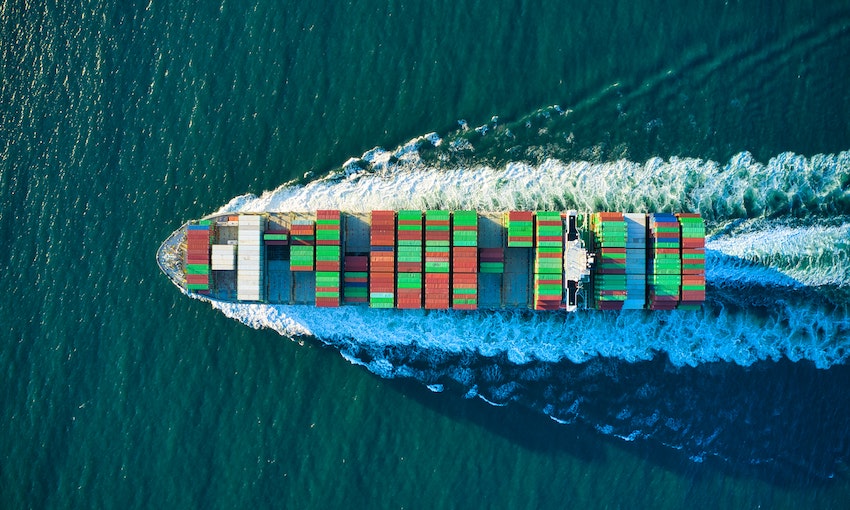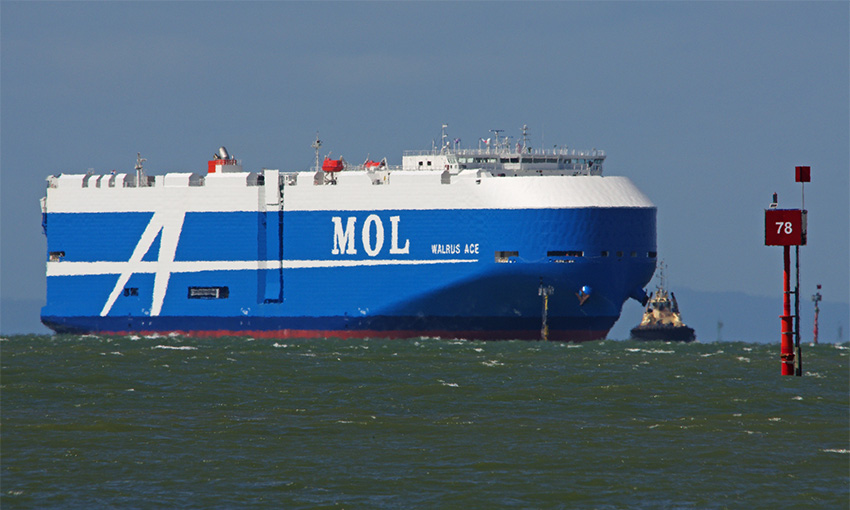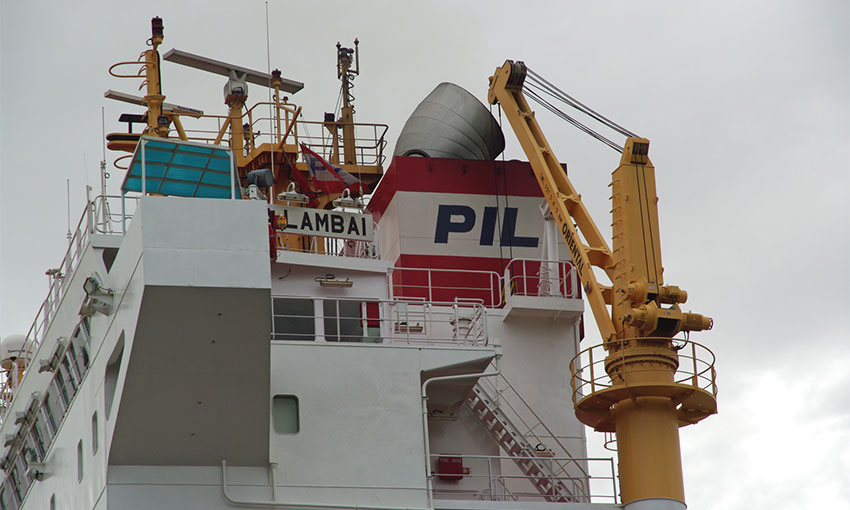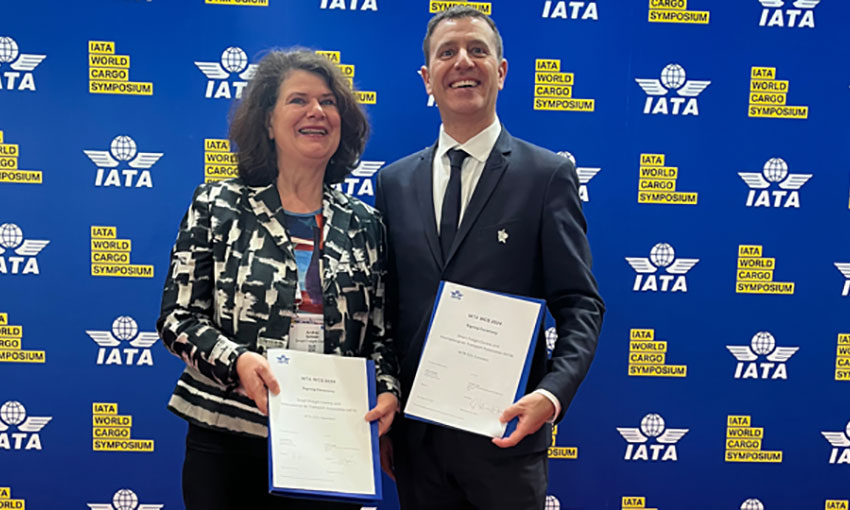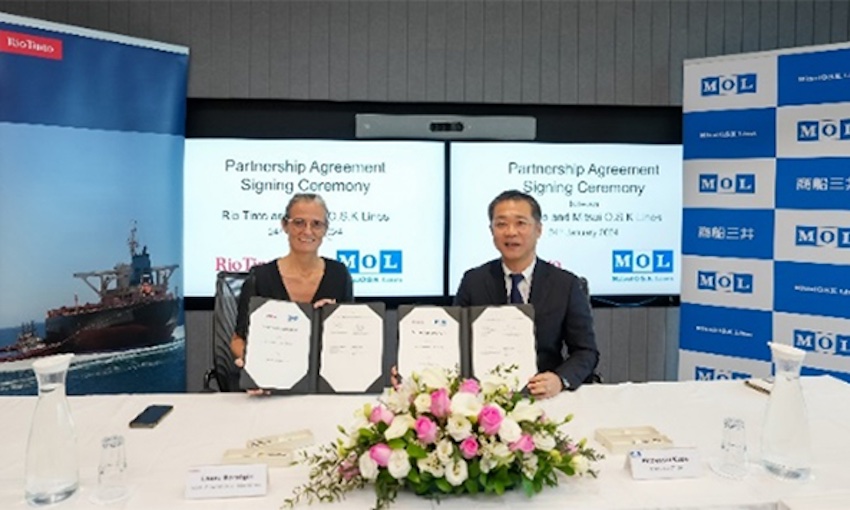INMARSAT has published a report exploring how digital technology can reduce greenhouse gas emissions in the shipping industry.
The Optimal Route – The Why and How of Digital Decarbonisation in Shipping was compiled by maritime innovation consultancy Thetius and funded by the Inmarsat Research Programme.
The report evidences the role digital optimisation plays in helping companies reach environmental targets in line with the International Maritime Organization’s GHG strategy for 2050.
The Optimal Route identifies three digital steps enabling shipowners to decarbonise, which can be undertaken immediately and with relatively modest investment.
The first step encourages shipowners to measure vessel performance against metrics including the Carbon Intensity Index and the Energy Efficiency Existing Ship Index.
Step two recommends shipowners develop a decarbonisation roadmap which includes a flexible approach to asset purchasing and development.
The third step advises owners to participate in green corridor schemes to gain access to favourable ship finances.
Policy-based initiatives are also outlined in the report, namely those positioned play the most significant role in guiding the industry toward decarbonisation ahead of 2050.
The Poseidon Principles ship finance charter is highlighted as an effective initiative which aims to encourage financial institutions to invest in greener vessels.
Global maritime carbon levies accelerating the uptake of zero-carbon fuels are also mentioned, as well as the Sustainable Shipping Initiative’s beyond-compliance scheme.
Inmarsat Maritime president Ben Palmer said the report demonstrates a positive way forward for shipowners.
“New regulations and changes to the way cargo owners are selecting transport partners mean that ‘business as usual’ is no longer an option,” he said.
“Shipping lines that act decisively on digitalisation and decarbonisation will move ahead; those that don’t will be frozen out of preferential financing, green incentive schemes and the most lucrative charter and cargo carriage agreements.”
The report also focuses on technology and several software tools developed to enhance shipping efficiency.
According to the report, sustainable operations can be supported by software facilitating the remote execution of surveys, inspections, training, certification, and pilotage.
Software enabling paperless trade and voyage optimisation can also help companies reduce emissions.
“We need to act now to decarbonise the world fleet, but alternative fuels won’t be available at a large enough scale for at least ten years,” Thetius founder and managing director Nick Chubb said.
“Digitally-driven optimisation is the only tool we have to improve carbon intensity that is available today and can be quickly scaled to every ship,” he said.
The report concludes by presenting case studies demonstrating how performance management platforms can be used to reduce GHG emissions.

